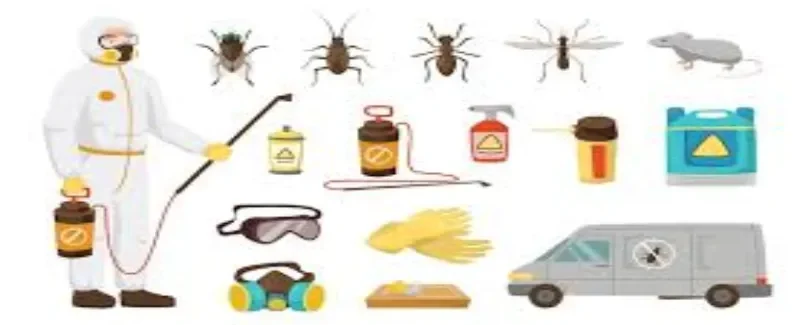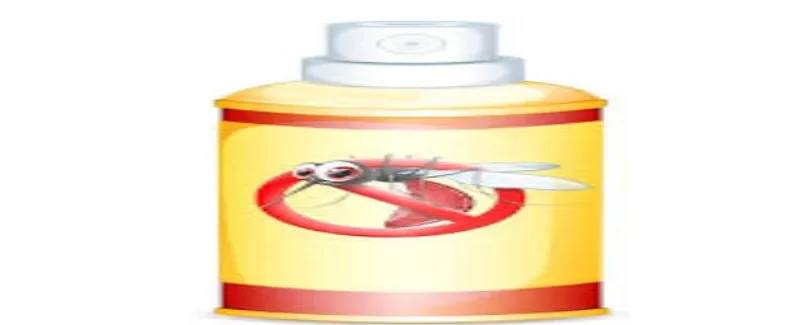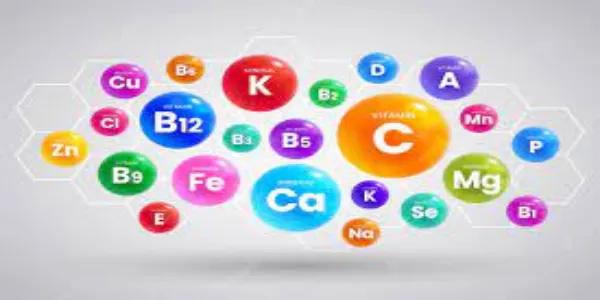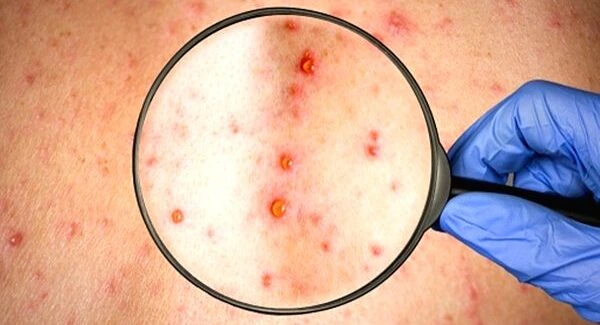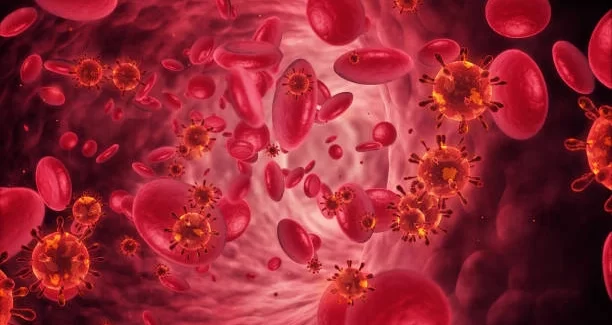What do you know about Antiseptic?
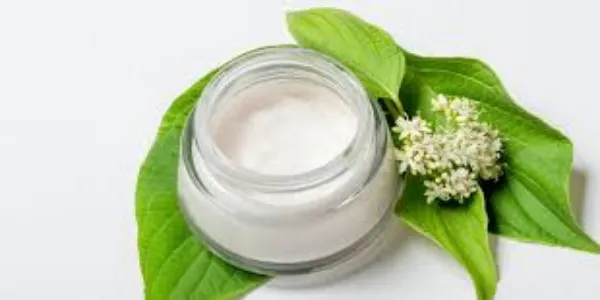
Posted Date: March 18th, 2023
Antiseptics are chemical that are used to kill or prevent the growth of microorganisms such as bacteria, viruses and fungi on living tissue or surfaces. They are commonly used to clean wounds and prevent infection. Also it is used for disinfect surfaces and equipment in healthcare settings.
Antiseptics work by damaging the cell walls, membranes or other vital components of microorganisms thereby preventing their growth or killing them outright. Some common antiseptics include alcohol, hydrogen peroxide, iodine, chlorhexidine and benzalkonium chloride.
It is important to note that antiseptics should only be used on living tissue or surfaces. Its should never be ingested or used internally. It is very important to follow proper usage guidelines for each antiseptic to ensure their effectiveness and prevent potential harm to individuals body.
See also
Types of antiseptic
Antiseptics are substances that are used to kill or prevent the growth of microorganisms such as bacteria, fungi and viruses on living tissue. Types of antiseptics including:
Alcohol-based antiseptics: These include ethanol and isopropyl alcohol which are effective against a broad range of microorganisms.
Chlorhexidine: It is a very common antiseptic used in healthcare . It is effective against many types of bacteria but it is not so effective against viruses and fungi.
Hydrogen peroxide: This antiseptic is mainly used to clean wounds and for prevent infection. It works by releasing oxygen which can help kill bacteria.
Iodine-based antiseptics: These include povidone-iodine and iodine tincture which are effective against bacteria, viruses and fungi.
Quaternary ammonium compounds: These types antiseptics are often used in disinfectants. They are effective against a wide range of microorganisms. But it may not be as effective against certain viruses.
Silver-based antiseptics: These include silver sulfadiazine and silver nitrate which are effective against bacteria, fungi and viruses. They are often used to prevent infection in burn wounds.
It is important to note that not all antiseptics are appropriate for all types of wounds or infections. It is important to consult a healthcare professional for proper treatment.
Usage of antiseptic
Antiseptics are substances that are used to kill or prevent the growth of microorganisms on living tissues such as skin and mucous membranes. They are commonly used in medical and surgical to prevent infections and promote wound healing.
Here are some common uses of antiseptics:
Cleaning wounds: Antiseptics such as hydrogen peroxide or iodine are often used to clean and disinfect wounds before dressing them.
Preparing skin for surgery: Antiseptics such as chlorhexidine or povidone-iodine are used to clean the skin before surgery to prevent surgical site infections.
Treating skin infections: Antiseptic creams or lotions such as silver sulfadiazine are used to treat skin infections caused by bacteria or fungi.
Sterilizing medical equipment: Antiseptic solutions such as alcohol or hydrogen peroxide are used to sterilize medical equipment such as needles and syringes.
Oral hygiene: Antiseptic mouthwashes containing chlorhexidine or hydrogen peroxide are used to kill bacteria in the mouth and prevent gum disease and bad breath.
Skincare: Antiseptics can be used to clean and disinfect the skin before medical procedures or to prevent infections on cuts and scrapes.
Hand hygiene: Antiseptic hand washes and hand sanitizers are used to prevent the spread of germs and infections.
Surface disinfection: Antiseptics can be used to disinfect surfaces in hospitals, clinics and homes to prevent the spread of infections.
Oral hygiene: Antiseptics are used in mouthwash and toothpaste to kill bacteria in the mouth and prevent infections.
It is important to use antiseptics correctly to ensure their effectiveness and to avoid any adverse effects. Always follow the instructions on the product label and consult a healthcare professional if you have any concerns or questions.
Safety and precaution of antiseptic
Antiseptics are chemical agents that are applied to living tissues to destroy or inhibit the growth of microorganisms. They are commonly used to clean and disinfect skin and wounds and to prevent infection.
Here are some safety and precautionary measures to keep in mind when using antiseptics:
Read the label: Always read the instructions on the label before using any antiseptic product.
Avoid contact with eyes and mouth: Antiseptics can cause severe irritation if they come into contact with the eyes or mouth. Be careful when applying them near these areas and if contact occurs, rinse the affected area with plenty of water.
Use gloves: When applying antiseptics it is a good idea to wear gloves to protect your hands from any potential irritation or harmful effects.
Do not use on deep wounds: Antiseptics are not suitable for use on deep wounds or those that have not been evaluated by a medical professional.
Do not mix with other chemicals: Do not mix antiseptics with other chemicals or cleaning agents as this can cause dangerous reactions.
Store properly: Store antiseptic products in a cool, dry place, away from direct sunlight and out of reach of children and pets.
Use within the expiry date: Check the expiration date on the product before using it. Expired antiseptics may not be effective or may cause harm.
Overall antiseptics are generally safe when used correctly and in the right circumstances. However it is important to follow the above safety and precautionary measures to minimize any potential risks.
Difference Between Disinfectants and Antiseptics
Disinfectants and antiseptics are both types of substances used to kill or inhibit the growth of microorganisms such as bacteria, viruses and fungi. However there are some important differences between the two:
Purpose: Disinfectants are typically used to clean surfaces and objects such as floors, walls and countertops while antiseptics are used to clean living tissues such as skin or wounds.
Strength: Disinfectants are generally more powerful and effective than antiseptics because they are designed to be used on inanimate objects and surfaces whereas antiseptics are designed to be used on living tissues and must be gentle enough not to damage the tissue.
Active ingredients: Disinfectants often contain harsh chemicals such as bleach, ammonia or hydrogen peroxide while antiseptics typically contain milder ingredients such as alcohol, iodine or chlorhexidine.
Application: Disinfectants are usually applied by wiping or spraying the surface to be cleaned, while antiseptics are typically applied directly to the skin or wound.
Safety: Disinfectants are generally not safe for use on human skin while antiseptics are specifically designed to be safe for use on the skin.
Overall while both disinfectants and antiseptics are designed to kill or inhibit the growth of microorganisms they have different purposes, strengths, active ingredients and application methods. It is important to use the right type of product for the intended use to ensure effectiveness and safety.
Antiseptics for chickenpox
Antiseptics are not typically used to treat chickenpox as chickenpox is a viral infection and antiseptics are designed to kill or inhibit the growth of bacteria and fungi not viruses.
However there are some measures that can be taken to help relieve the symptoms of chickenpox and prevent secondary bacterial infections. For example:
1. Calamine lotion or other soothing creams can be applied to the skin to relieve itching and irritation.
2. Oatmeal baths can be taken to help soothe the skin and reduce itching.
3. Keeping the skin clean and dry can help prevent bacterial infections.
4. Over-the-counter pain relievers like acetaminophen or ibuprofen can help reduce fever and relieve pain.
It is important to consult with a healthcare professional if you or your child has chickenpox to determine the most appropriate treatment plan.
See also
Summary of Antiseptics
Antiseptics are substances used to kill or inhibit the growth of microorganisms on living tissues or surfaces. They are commonly used to clean wounds and prevent infection. Antiseptics work by disrupting the cell membranes of microorganisms which can lead to their death. Some examples of antiseptics are alcohol, hydrogen peroxide, chlorhexidine and iodine. Antiseptics should be used according to their instructions. As overuse or misuse can lead to skin irritation, toxicity or reduced effectiveness. In contrast to disinfectants which are used on non-living surfaces antiseptics are intended for use on living tissues.


